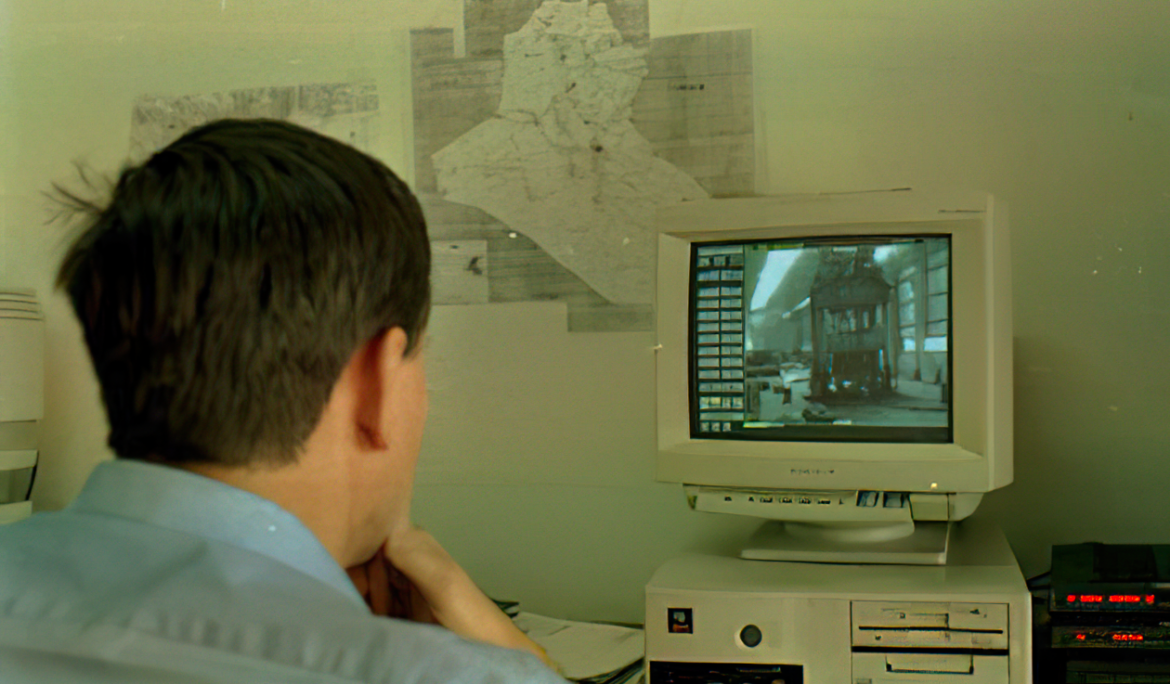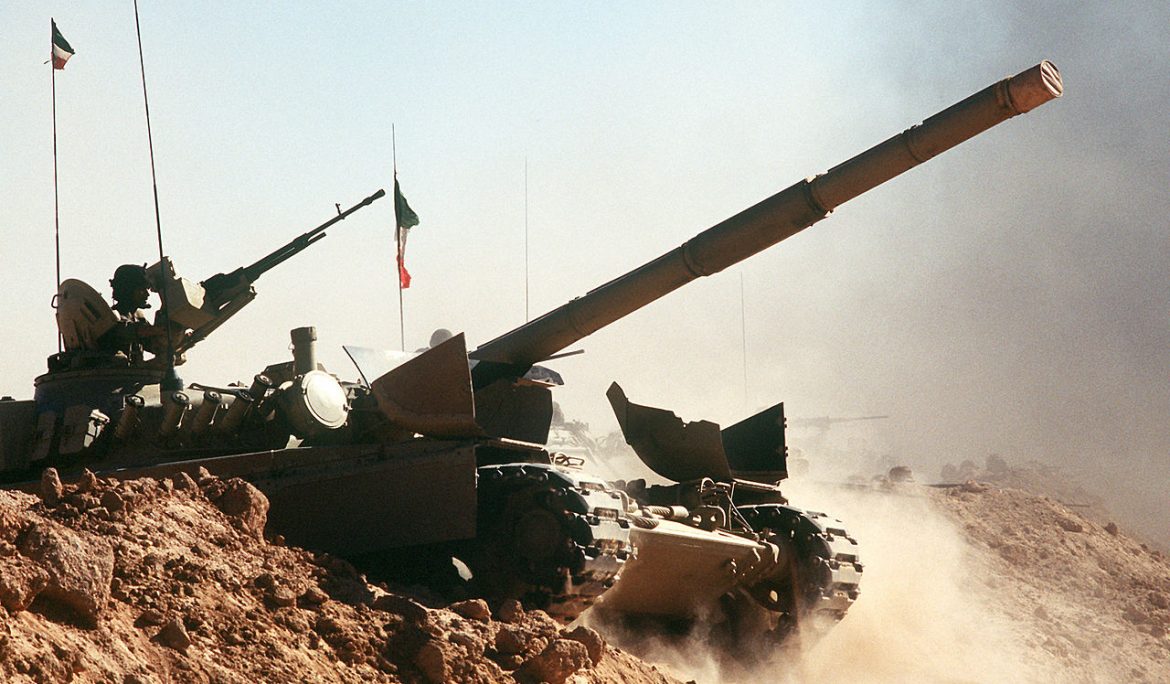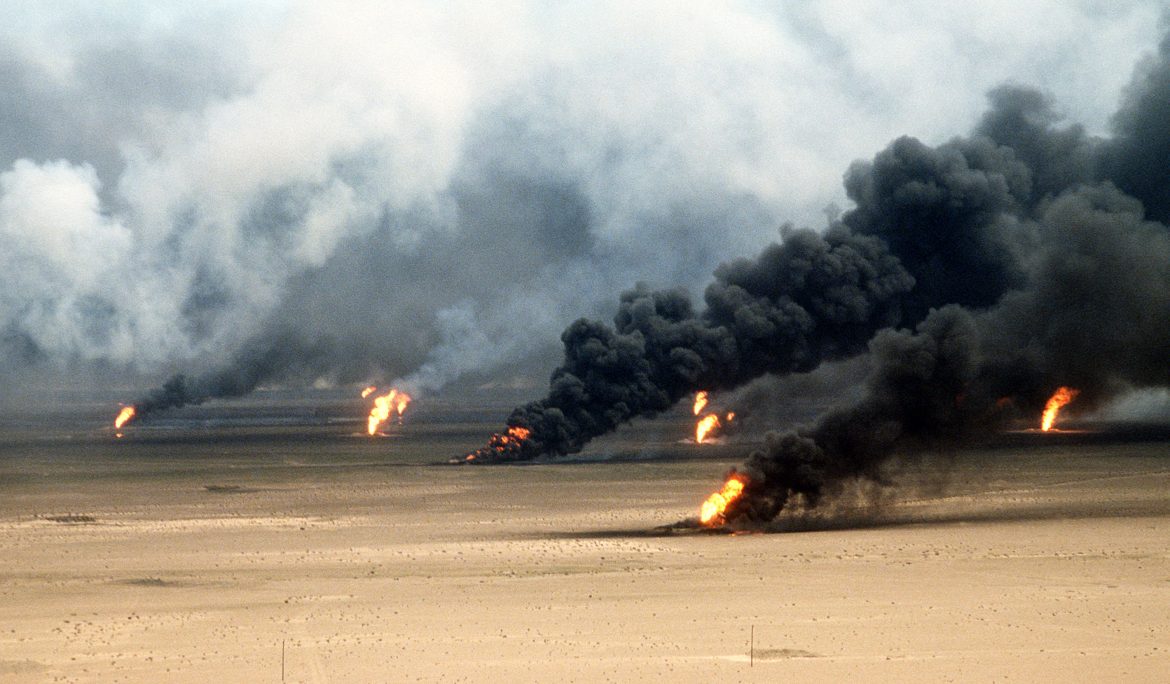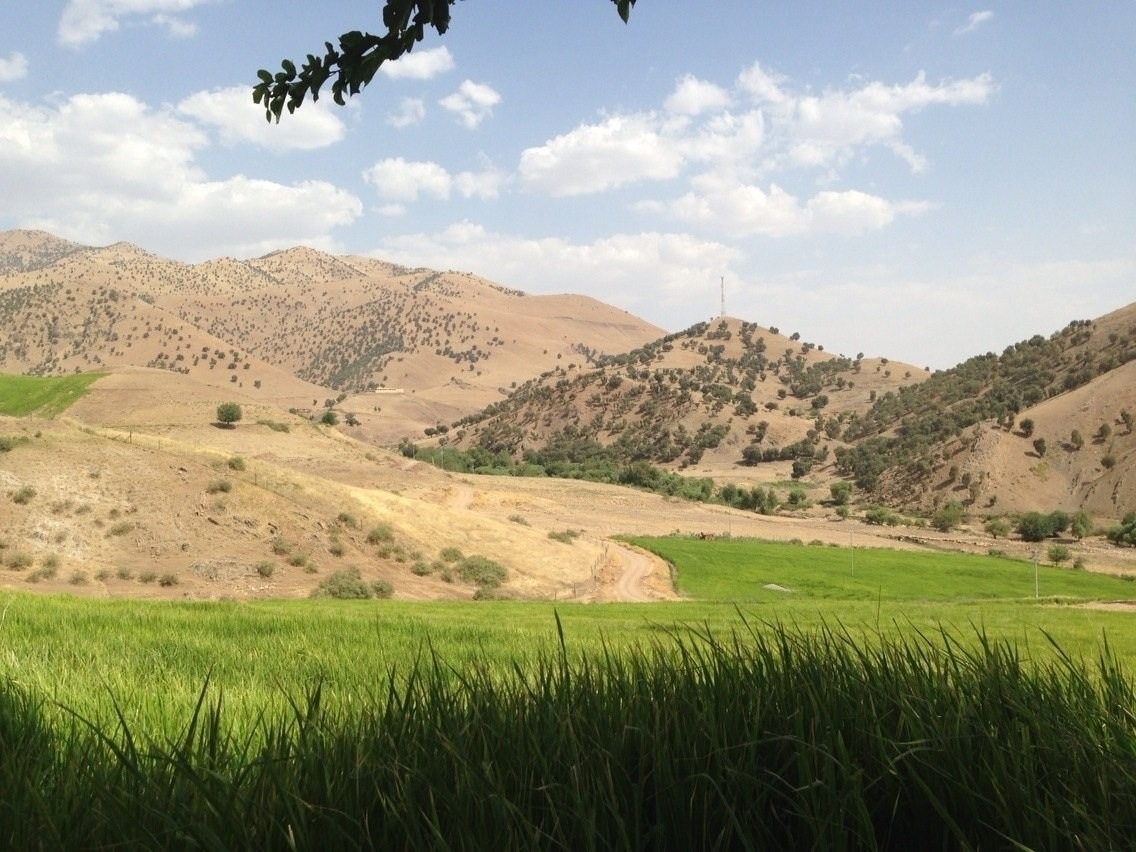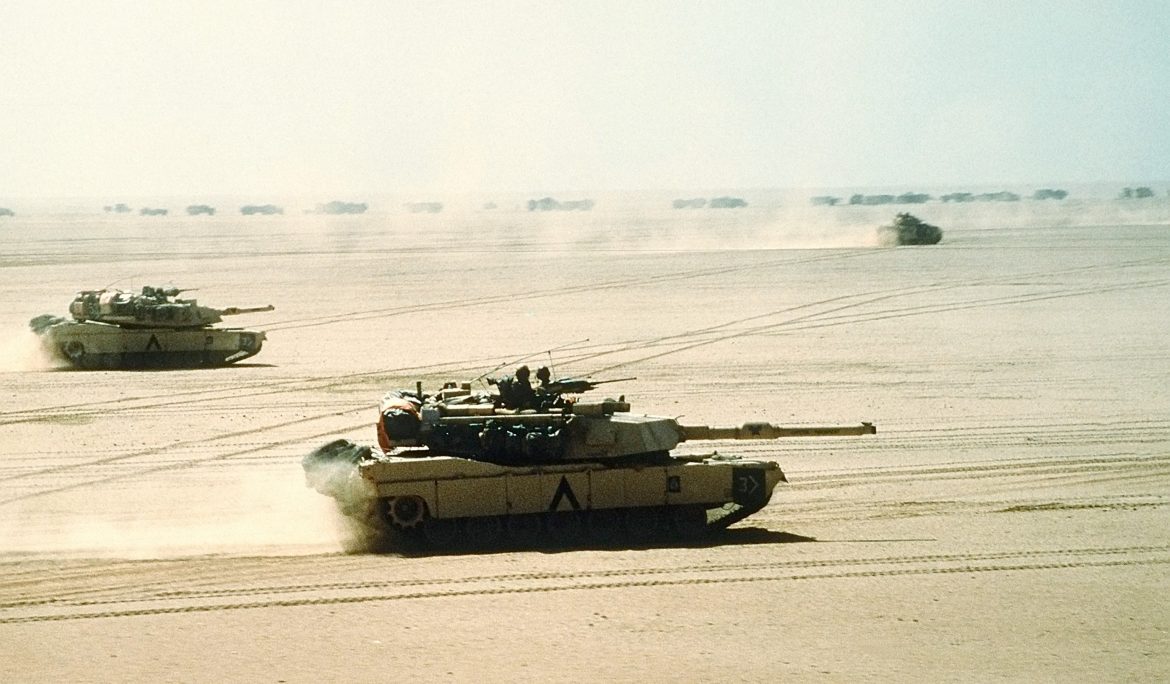Biological weapon monitoring in Iraq
Introduction to Historical Notes, Issue #4 The fourth issue of the Historical Notes series was prepared by Dr Gabriele Kraatz-Wadsack. She was a weapons inspector with the UN Special Commission (UNSCOM) in Iraq, later Chief of the Weapons of Mass Destruction Branch – UN Office for Disarmament Affairs. She also served in the German Armed Forces and the Federal Foreign Office. In this fourth issue of Historical Notes, she describes the only instance of international monitoring in the biological weapons (BW) area. It draws on her first-hand experience to launch and manage biological ongoing monitoring in Iraq from 1995 through …
Allegations of Iranian Use of Chemical Weapons in the 1980–88 Gulf War – Preface
Whether Iran launched chemical weapon (CW) attacks against Iraq during the 1980-88 Gulf War has been the subject of a long-lasting controversy. Iraq was responsible for initiating chemical warfare in the early 1980s in blatant violation of the 1925 Geneva Protocol prohibiting CW use in war (since then, more broadly termed ‘armed conflict’). Negotiations for the Chemical Weapons Convention were ongoing and would not be concluded until September 1992. Nothing in the Geneva Protocol prevented Iran from developing, producing and stockpiling CW. Little stood in its way to retaliate in kind. The Gulf War also took place in the final …
Allegations of Iranian Use of Chemical Weapons in the 1980–88 Gulf War – Introduction
Allegations that Iran is a chemical weapon (CW) proliferator originated in part with claims that it had used CW during the 1980–88 Iran–Iraq war. Iraq was the principal user of CW during the war. According to Iranian accounts, the first chemical attacks began in January 1981, but independent reports were not published until one and a half years later. Iraqi chemical attacks definitely escalated during the second half of 1983, which eventually led to the first of several investigatory missions organised by UN Secretary-General Javier Pérez de Cuellar in March 1984. Despite the overwhelming evidence of chemical warfare, confirmed by …
Allegations of Iranian Use of Chemical Weapons in the 1980–88 Gulf War – Iran’s defensive preparations
In the 1980–88 Gulf War Iraq repeatedly attacked Iran with chemical weapons (CW). At the beginning of the war both countries were contracting parties to the Geneva Protocol. According to Iranian statements, the first Iraqi CW attack occurred in January 1981.[1] One of the first independent news reports appeared in August 1982.[2] Iraq gradually integrated CW into its defensive and offensive military operations. Initially Iran appears to have been totally unprepared for military operations in a chemical environment. Throughout the war Iranian troops remained poorly protected and, in the light of the missile war against cities, the country would have …
Allegations of Iranian Use of Chemical Weapons in the 1980–88 Gulf War – Iran’s offensive preparations
Two factors definitely contributed to the change in Iran’s views on chemical warfare: the systematic Iraqi attacks with CW from 1983 onwards and the lack of response from the international community for the Iraqi violations of international law. Iran’s chemical weapons (CW) armament programme started late into the war. Such a programme is complex and involves many phases, including research and development, setting up a production base, weaponisation, offensive and defensive doctrine development, establishment of logistics and operational support, training, and protection and defence. Consequently, Iran cannot be expected to have developed an advanced chemical warfare capability before the cease-fire …
Allegations of Iranian Use of Chemical Weapons in the 1980–88 Gulf War – Halabja
In the period of 16–18 March 1988 Halabja and its surroundings were attacked with chemical weapons (CW). According to Iranian figures, there were 12,500 casualties, including more than 5,500 fatalities.[1] A Kurdish researcher later concluded that at least 3200 residents are known to have died.[2] It is impossible to reconstruct exactly the events in and around Halabja. Nevertheless, it is widely accepted that the Iraqi military forces were solely responsible for the attack against a civilian target. Yet, shortly after the events sources in the United States began to hint that Iranian troops might have actually killed the majority of …
Allegations of Iranian Use of Chemical Weapons in the 1980–88 Gulf War – Conclusion
Was Iran responsible for the CW atrocity in Halabja? The question therefore arises whether the United States may have been politically motivated to place the main responsibility for Halabja with Iran. The allegation came as Washington was visibly tilting towards Iraq. Soon after the US State Department blamed Iran for the events, US officials were quoted as saying that the finding undermined the propaganda advantage Iran was seeking by publicising the attacks.[1] From this angle, the US assertion might be viewed as an attempt to undermine the moral high ground regarding chemical warfare Iran desperately tried to maintain during the …
Threat posed by Islamic State’s capture of Iraq’s Muthanna CW site
In a letter dated 7 July 2014 Iraqi Ambassador to the United Nations Mohamed Ali Alhakim notified UN Secretary-General Ban Ki-moon that ‘armed terrorist groups’ had entered the Muthanna complex on 11 June. The next morning a project manager observed them looting of some equipment via the camera surveillance system before the ‘terrorists’ disabled it. The document, as cited by the Associated Press, explicitly referred to the capture of bunkers 13 and 41, two locations still holding chemical weapons (CW) so severely damaged during the 1991 war to liberate Kuwait that until today they could not be disposed of in …
Chlorine: A weapon of last resort for ISIL?
Over the past few weeks several press reports have suggested that the Islamic State of Iraq and the Levant (ISIL) have resorted to chlorine use in attacks in Iraq and Syria. The grouping is no stranger to chlorine. In some earlier incarnation it was known as al Qaeda in Iraq (AQI) and later it rebranded itself as the Islamic State of Iraq when it explicitly began trying to control territory. Harsh imposition of its strict interpretation of Sharia law and extreme violence towards anybody refusing total subjugation to its rule soon had Sunni tribal leaders uniting in resistance early in …
Chlorine: A weapon of last resort for ISIL? (Part 2)
From September 2014 on several reports have alleged chlorine use by the Islamic State in Iraq and the Levant (ISIL) in Iraq. The claims began shortly after the Organisation for the Prohibition of Chemical Weapons (OPCW) had released its first report on its investigation into the chlorine attacks in Syria earlier in the year. In a politically highly charged atmosphere in which supporters and opponents of the regime of President Bashir al-Assad use any incident to blame insurgent forces of atrocities or call for regime change, one must necessarily view accusations of chemical warfare with a healthy dose of scepticism. …

